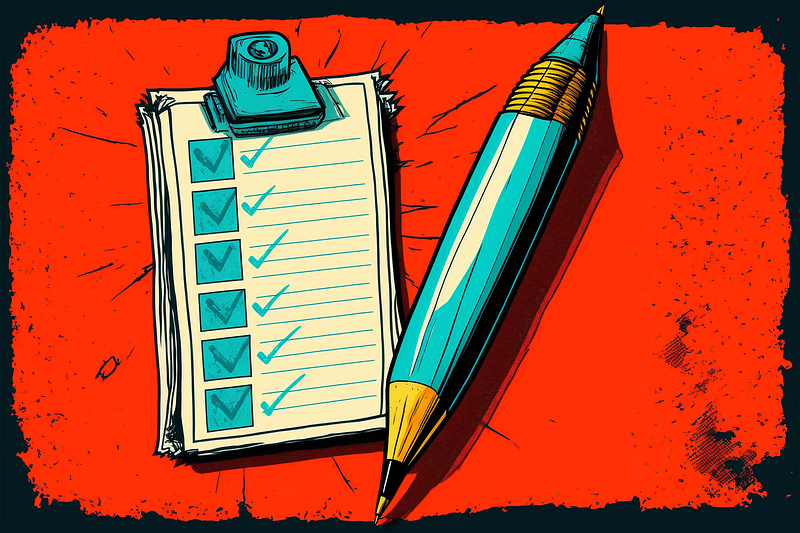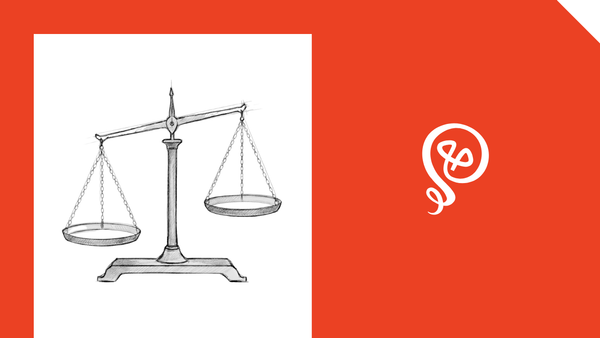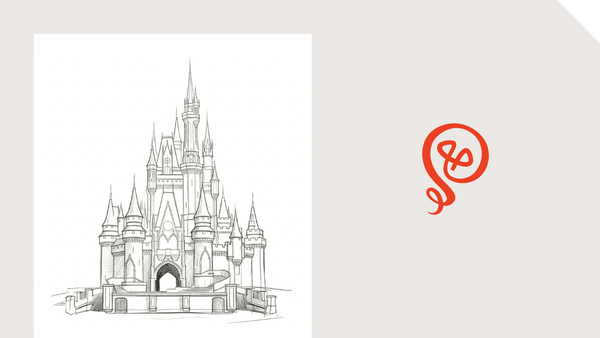How to Recover from Career Setbacks (Even if the Setback is Your Decision)
Move forward with clarity.

I’ve had two major setbacks in my career. The first one was my decision. The second one wasn’t.
I was on track to run a company. When the CEO retired in a few years, I would have become COO. Looking even further into the future, a role as CEO might have been a possibility someday. At one point in my life, that’s what I wanted.
Instead, I decided to completely change careers. I quit my job. I took a salary that was about 1/3 of what I was earning previously.
Financially, it was a setback — even though it had been my choice. My family’s financial goals had to be put on hold.
The second time was 18 months later. I was at a marketing agency, in a role that was a terrible fit for me (and I knew it). I approached my manager, expecting to find an amicable way to exit my job. Instead, I was kicked out the door. I found myself immediately with no salary.
The thing that got me through both of these setbacks? Clarity.
I knew the next steps and moved forward.
If you experience a career setback, you need to make a decision. But here’s the thing: it doesn’t need to be your final decision. You just need a game plan for moving forward.
Tell yourself you deserve better
You can’t dwell on the past when you experience a career setback.
If you made the decision yourself, you need to stand by your decision. You made the decision for a reason.
If the decision was made for you, you can’t ruminate on the “why.” Companies lay people off all the time — often for reasons that have nothing to do with performance. Or the job was a bad fit (as was my experience).
You can’t move forward unless you know that your next move will elevate your career. Even if you’re scared or nervous about the unknown, tell yourself: I deserve better. I will find something better.
I quit my job because it was the best thing for my mental health.
I lost a job that was a terrible fit for me (and I knew it).
Both times I told myself: I deserve to be appreciated for my work. And I wasn’t getting that.
Find support
Navigating the days after a career setback can be really hard — even more so if it wasn’t your decision.
When I chose to quit my job and pivot to a new career, I was filled with imposter syndrome. I left a software company to work at a marketing agency. Every day, I felt like I was a burden to my team because there were so many things I didn’t know.
And when I lost my job, I felt like I’d failed. Even though I knew the job was a bad fit, I’d always been good at everything I tried. What had I done wrong?
Colleagues, mentors, and peers can lift you up in times of doubt. Your head may know that you deserve better but your heart is telling you a different story. You need other people to reinforce the message: it’s not you. You’re amazing. And you’ll find something better.
If you’re feeling insecure, find a community of like-minded people. For me, that was a writing community. The group generously offered advice and support. It would have been a lonely and more confusing road if I’d traveled alone.
Set a (realistic) goal
Whether you lose a job or leave a job, you have to ask yourself: where do you want to be?
If you walked away from a lot of money, is the goal more money? More balance? More fulfilling work?
If you lose your job, what’s the next step for you? Another, similar job? Or is it time to try something new?
My financial goal was pretty simple. My family made a lot of sacrifices for me to quit an executive job. I wanted to work my way back to an income that gave us more breathing room.
I began freelancing on the side. After 8 months at my first marketing agency job, I went to another agency that paid a lot more. I was able to quickly overcome my feelings as the “new kid” and leverage my (short) experience for better work.
When I lost my job, it was the chance to pursue something that had been brewing inside me: the desire to go out on my own. Make no mistake: I would have preferred that the timing was my decision. But the door was wide open.
I told my spouse that I would give it six months. I had a concrete goal: to replace the monthly salary of the job I lost. I replaced it within two months.
If you put a timeframe around your goals, you’re more likely to meet them.

Find clarity and move forward
You meet the goal. You’ve overcome the career setback. Now what?
One goal should become the next goal. Getting back to even keel is obviously priority #1. But where do you go from here?
You’ve accomplished one goal. Now on to the next goal.
I successfully pivoted to a new career.
I successfully became a solopreneur.
I successfully replaced my final employer’s salary and am on track to replace my executive salary.
Does it mean that you’ll never face a setback again? Of course not. Life can really suck sometimes.
Does it mean that you can’t regret a decision you made? Of course not. You may miss some things about the career you left behind. Or even a job you lost.
You can change your mind again. You can start over again.
You were able to rebuild once. You can do it again.
You can read about the future of work and career pivots on my Substack.






